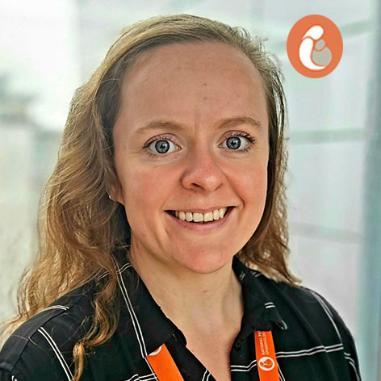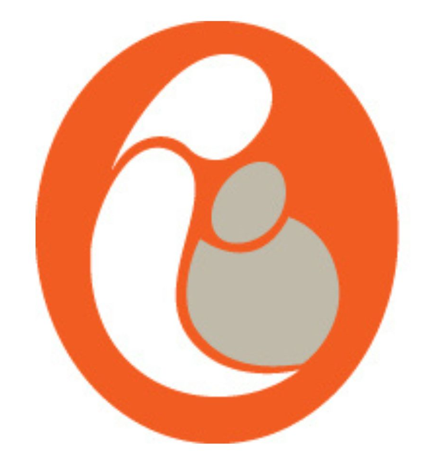Socioeconomic deprivation as a risk factor for stillbirth: a case-control study
Master's project: Socioeconomic deprivation as a risk factor for stillbirth: a case-control study
About
- Studies show that socioeconomic deprivation can have an impact on pregnancy and neonatal health.
- Socioeconomic deprivation refers to the level of disadvantage experienced by a person or their community, considering their economic and social well-being such as the age of the population, educational attainment and employment rates, among others. A deprivation index tool measures how disadvantaged an individual is based on the characteristics of the area they live in.
- This research will study the impact that socioeconomic deprivation can have on the risk of stillbirth (a baby born without signs of life).
- As part of this study, a review of the literature is examining the international evidence on area-level deprivation and the association with stillbirth.
Additionally, four years of data from a large maternity hospital in Ireland is being examined for information on stillbirths and live births. Details from the mother’s background, pregnancy and birth, and information on the baby and their health have been collected. The woman’s area of residence is categorised to allow for comparisons to be made to understand if the mother’s level of deprivation, based on the area she lives in, can affect her risk of having a stillbirth. - This research seeks to add to the evidence within the Irish context, which will be valuable in identifying areas in need of targeted support and to establish care priorities. By identifying the risk, we can create specific programs to improve healthcare for women and their babies, ultimately making pregnancy safer and reducing health inequalities.
People
-
Ms. Jessica Keane - Clinical Research Officer, National Perinatal Epidemiology Centre; MSc Student, UCC
-
Dr. Sara Leitao - Post-Doctoral Senior Researcher, National Perinatal Epidemiology Centre
-
Dr. Paul Corcoran - Senior Lecturer, School of Public Health, UCC; Senior Statistician, National Perinatal Epidemiology Centre
-
Ms. Laura Robinson - Graduate Entry Medical Student, UCC
-
Prof. Keelin O’Donoghue - Consultant Obstetrician, Cork University Maternity Hospital; Clinical Lead for Obstetric Research, INFANT Centre
-
Prof. Richard Greene - Consultant Obstetrician, Cork University Maternity Hospital; Director, National Perinatal Epidemiology Centre
Meet Jessica
Jessica Keane is a Clinical Research Officer at the National Perinatal Epidemiology Centre (NPEC). Currently overseeing audits on Perinatal Mortality, Severe Maternal Morbidity, and leading the Planned Home Birth Audit in Ireland.
Jessica is in the midst of her MSc Research in Obstetrics and Gynaecology, focusing on the correlation between deprivation and stillbirth risk. Starting with a BSc in Midwifery from UCC, she gained diverse experience in the UK and Canada, covering labor ward, high dependency unit, birth center, antenatal education, community, and midwifery-led caseloading.
In London, Jessica served as the Infant Feeding Lead, achieving Baby Friendly Initiative (BFI) accreditation. Transitioning into research, she played a pivotal role in various projects within women and infants' health, including leading a multicenter trial on pregnancy hypertension.
To learn more about Jessica's project, please contact her at jkeane@ucc.ie




-1.png)
-1.jpg)